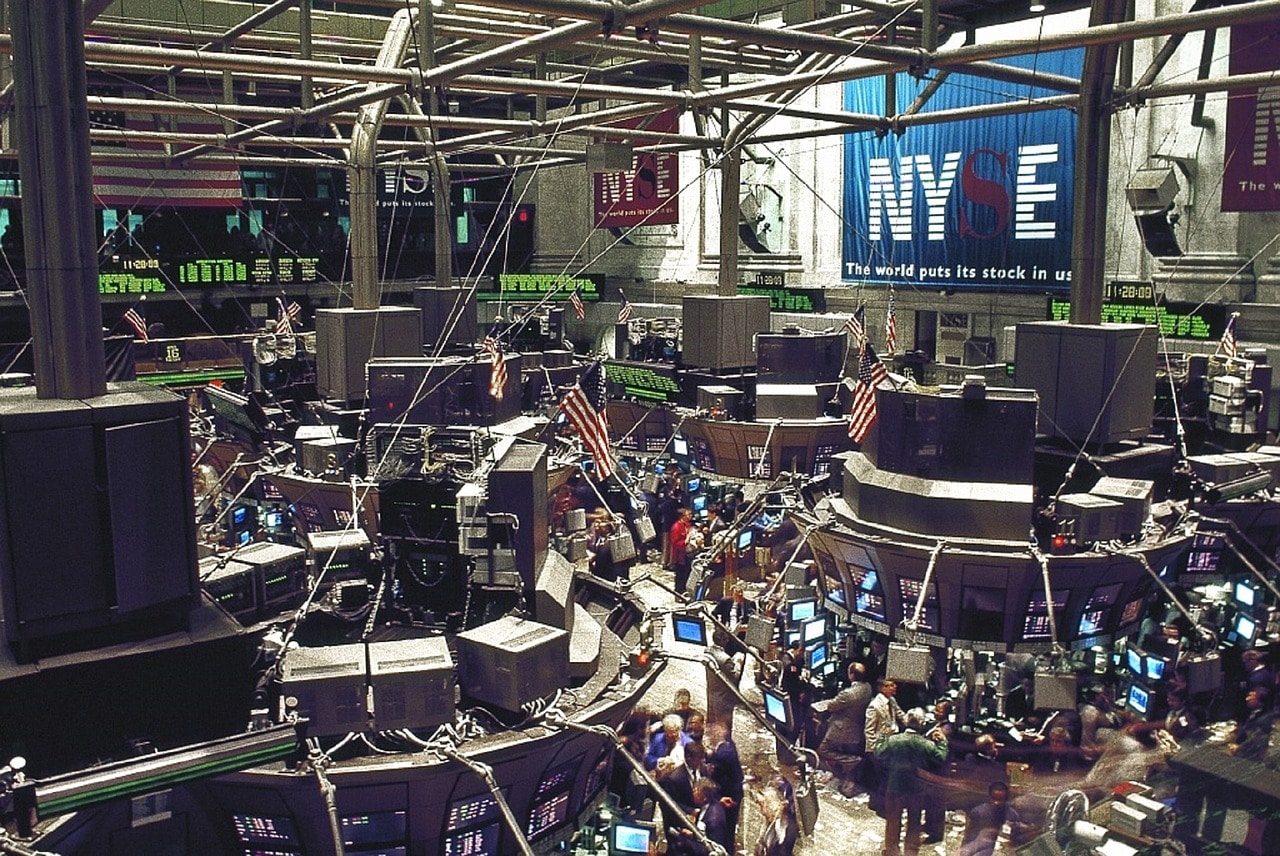If you’re new to the scene, “futures trading” might sound nightmarishly complex, reserved only for the most skilled investors. But while it’s true that futures trading is harder to master than straightforward stock trading, it’s less intimidating once you realize how it works.
The Basics
Trading futures is essentially a contract between a buyer and seller to buy or sell an asset in the future, at a specified date and at a specified price. For example, let’s say crude oil is selling at $60 per barrel. With a futures contract, you might agree to buy 10 barrels, at $65 per barrel, 2 months from now. If the price rises to $70 by then, you could easily make a profit.
Futures contracts were originally created to help the agriculture industry stabilize their income; because the prices of many agricultural products fluctuated wildly, farmers could use futures contracts to create a baseline and hedge their risks. Today, however, futures trading can apply to a wide variety of commodities and assets (including food, gold, metals, energy, bonds, and stock), and is often used as a form of speculation to make a quick profit.
IMAGE: PIXABAY
The Advantages
Why would an investor choose to trade futures over a more conventional option, like stocks or bonds?
There are a handful of major advantages to this approach:
- Financial leverage – The most attractive benefit for most investors is your ability to gain financial leverage. When you invest in futures, you only have to put in a percentage of the total value of the contact (oftentimes 10 percent). This allows a futures trader to hold a stake in a much larger position than a comparable stock trader; in other words, you need less money to get started, and you’ll expose yourself to higher profits (or losses).
- Most forms of futures trading are also highly liquid. Futures markets are very active, which means you’ll rarely have a problem buying or selling the contracts of your choice, and you can act quickly in response to new details.
- Transactional costs – Trading futures contracts is often less expensive than trading other types of assets, like stocks or mutual funds.
- Many investors are drawn to futures trading because of their volatility. If played correctly, futures trading has the power to be a highly profitable investment, making you far more money in the course of a day than the slow, steady pace of stock or bond investing would.
- Because futures trading gives investors a chance to bet against the market or predict a baseline price for the future, it serves as a valuable way to diversify your portfolio – and hedge your risk in an asset you’re uncertain about.
The downside, of course, is the volatility and relative instability of futures trading.
How To Get Started
If you’re interested in getting started, here are the next steps you’ll want to take.
- Choose a futures trading platform – First, shop around for a futures trading platform you like. RJO Futures offers a free demo, so you can experiment with trades before making a commitment. Ideally, you’ll want to go with a platform that feels intuitive, offers lots of resources to help you make better investments, and one with relatively low fees.
- Learn more from real traders – Find other futures traders to talk to about their daily activities. They’ll be able to share a real-world perspective on the strengths and weaknesses of the strategy and may help you avoid making classic beginner mistakes that could drag down your portfolio.
- Start slow, but trade regularly – Don’t jump into a huge contract right away, but do force yourself to trade futures regularly. The more trades you make, the more you’re going to learn about the ebb and flow of the markets, and the faster you’ll learn to make profitable decisions.
Like with any new investment type, it’s going to take time before you feel fully comfortable making trades. But the more you dive into the field, and the more you’re willing to experiment and learn from your mistakes, the faster you’ll gain mastery over it.
Disclaimer: The above references an opinion and is for information purposes only. It is not intended to be investment advice. Seek a duly licensed professional for investment advice. Invest responsibly and never invest more than you can afford to lose.
If you are interested in even more business-related articles and information from us here at Bit Rebels then we have a lot to choose from.


COMMENTS